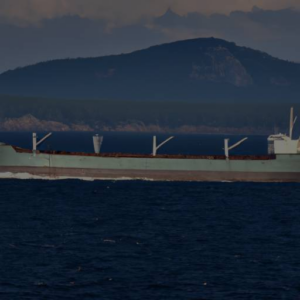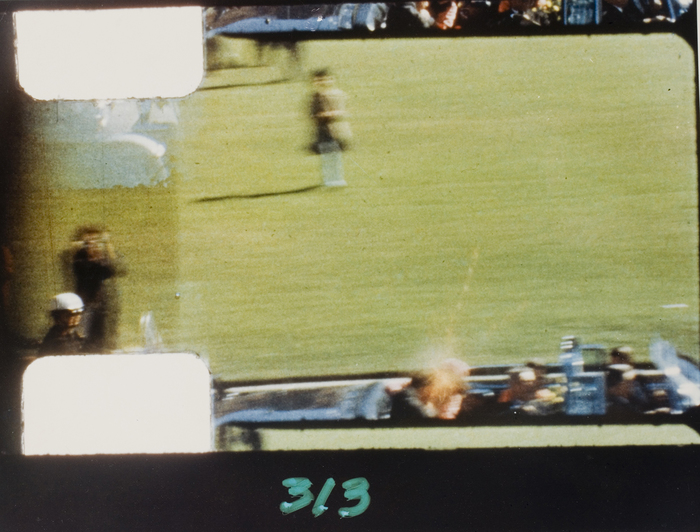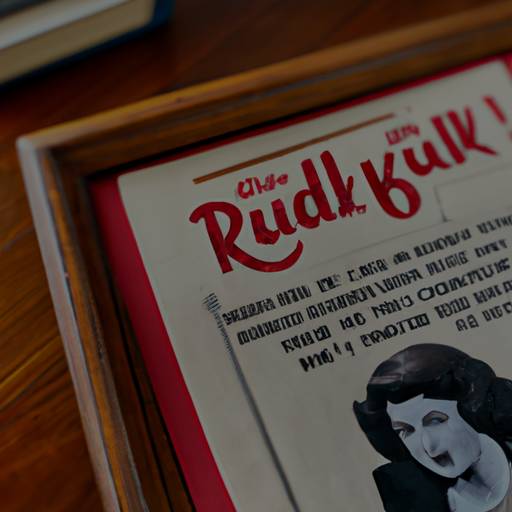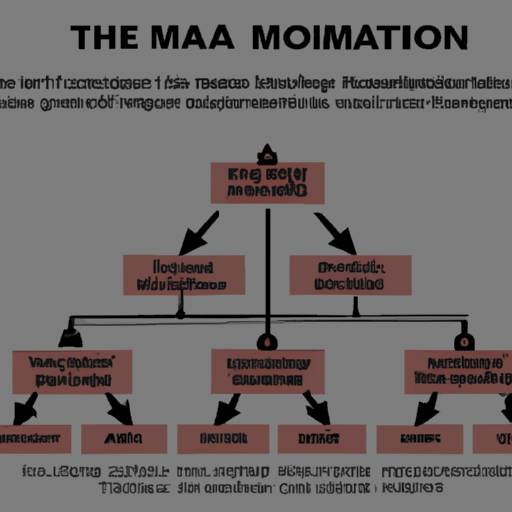The Cuban Missile Crisis was one of the most pivotal moments in history, as the world teetered on the brink of nuclear war. The decisions made by Soviet leader Nikita Khrushchev and US President John F. Kennedy during this tense standoff were heavily influenced by intelligence gathered by Oleg Penkovsky, a dual MI6/CIA agent operating within Soviet military intelligence. In his book “A Spy Like No Other: The Cuban Missile Crisis, The KGB And The Kennedy Assassination,” British diplomat Robert Holmes sheds light on Penkovsky’s role while uncovering a web of intrigue, betrayal, and revenge that implicated a group of maverick Soviet intelligence officers in the assassination of Kennedy.
During his time in Moscow in the early 1960s, Holmes became intrigued by Penkovsky’s story and embarked on a mission to reveal his experiences. However, he stumbled upon a shocking revelation that went beyond Penkovsky’s activities. Holmes discovered evidence suggesting that a faction of rogue Soviet intelligence officers had orchestrated the assassination of Kennedy as a retaliatory act following their anger and humiliation over the outcome of the Cuban Missile Crisis.
The book delves into the story of General Ivan Serov, the head of Soviet military intelligence and a former head of the KGB, who was ultimately dismissed after Penkovsky’s treachery was exposed. Holmes suggests that Serov’s resentment towards the West’s perceived victory in Cuba and his protégé’s betrayal fueled an obsessive desire for revenge. Working with rogue KGB officers, Serov allegedly conspired to recruit Lee Harvey Oswald, an American loner, to carry out the assassination.
“A Spy Like No Other” provides a fresh perspective on the events surrounding the Cuban Missile Crisis and the Kennedy assassination. Holmes’s extensive research and insider knowledge as a British diplomat offer a unique vantage point, shedding new light on the motivations and actions of key players during this critical period in history.
The book offers a captivating narrative that draws readers into a world of espionage, political maneuverings, and the high-stakes game of international diplomacy. By unraveling the complex web of connections and influences, Holmes presents a compelling case for the involvement of rogue elements within the Soviet intelligence apparatus in one of the most notorious crimes of the 20th century.
As the fiftieth anniversary of the Cuban Missile Crisis approaches, “A Spy Like No Other” serves as a timely reminder of the dangers of brinkmanship and the covert machinations that have the potential to shape world events. Holmes’s work invites readers to reevaluate the conventional narrative surrounding these historic events and opens up new avenues of investigation into the motives and actions of those involved.
To explore the fascinating realm of Cold War espionage and the untold story of the Cuban Missile Crisis, readers can find “A Spy Like No Other: The Cuban Missile Crisis, The KGB And The Kennedy Assassination” on Amazon.








